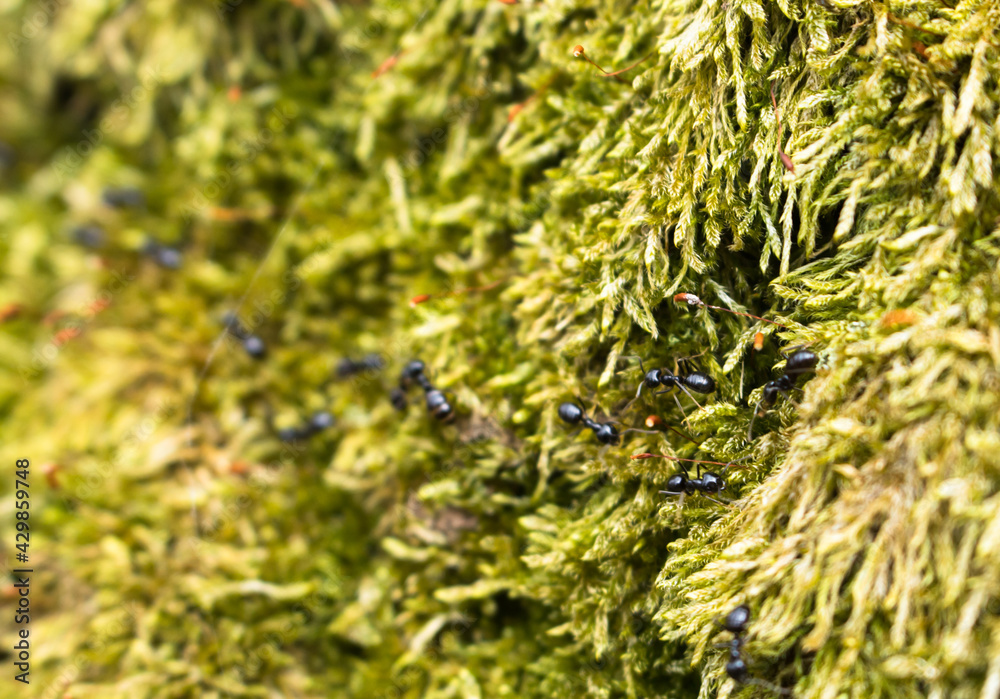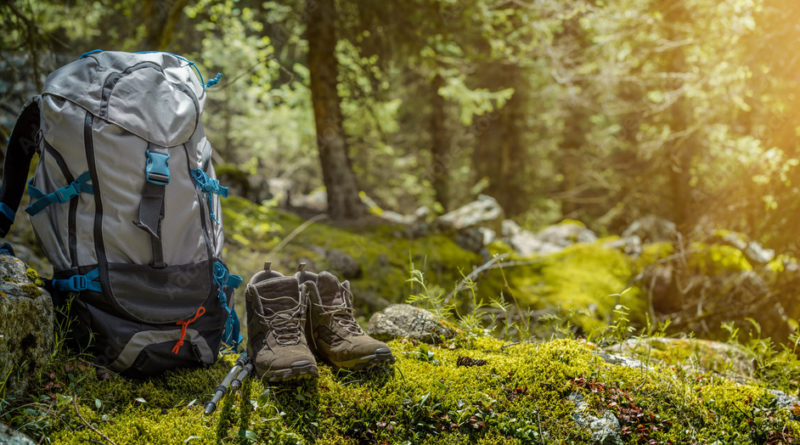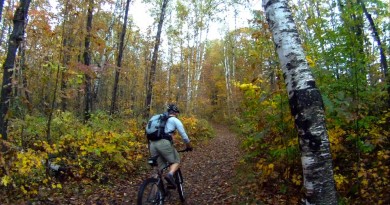The Secret to Happiness? It Could be the Tiny Things
According to the Vermont Fish and Wildlife Department, the number of invertebrate species found in the state — arthropods, mollusks, worms — is in the ballpark of 21,400. It’s a rough estimate, but you get the idea. The idea is simple: Many!
Hold that in mind as you read on.
Kobayashi Issa, the Japanese haiku poet from the late 1700s is pretty much the most lovable writer of all time. That’s in large part because he attends to the lives of tiny, overlooked critters, especially insects, with compassion and humor and a lot of brave honest heart.
I’ve been enjoying his perspective for decades now, but a quote from translator R.H. Blyth that I recently happened upon officially sealed the deal: “Issa wrote 54 haiku on the snail, 15 on the toad, nearly 200 on frogs, about 230 on the firefly, more than 150 on the mosquito, 90 on flies, over 100 on fleas and nearly 90 on the cicada, making a total of about 1,000 verses on such creatures.”
Pulling randomly from those thousand verses, here are three examples:
One human being,
one fly,
in a large room.
Don’t worry spiders
I keep house
casually
O flea! whatever you do,
don’t jump;
that way is the river.
Some might argue that Issa’s tender, warm regard for the easily ignored—heck, easily crushed—lifeforms stems from his Buddhist faith. Well, yeah, definitely. The first of Buddhism’s five precepts is to abstain from killing, and Issa was a lay priest in the True Pure Land Buddhism school. But I think there’s a more basic factor at play, namely that in addition to being the most lovable writer of all time, he’s pretty much the saddest writer of all time, too.
What a sad, sad, sad guy. Issa was orphaned. Issa was perpetually impoverished and sick. Issa was a widower and the father of four children who all died in infancy. This relentless parade of hard knocks made him, I believe, available to the myriad fragile buggies, i.e. made him able to feel for them and, in turn, receive a feeling from them. A feeling of friendship and support. A feeling of we’re-in-this-together solidarity. Only because he was broken down could he be lifted back up by their presence.
I’m no Issa. In fact, my life is so ridiculously charmed that I actively choose hardship, which is to say I immerse myself in the Green Mountain wilderness as a hobby, a discipline. On the regular, I pack a rucksack with minimal food and clothing, a thin foam pad, a threadbare sleeping bag, a cheap plastic tarp, and trudge into the hills alone. The goal isn’t a relaxing vacation, but rather an elemental scouring, an existential adventure. Violent storms and intense vulnerability. Real raw contact with huge ancient forces.
Last week, reading Issa, I recalled a backcountry trip from my early twenties, when I was new to the challenges of going solo, unaccustomed to facing—all by my lonesome—Vermont’s more severe faces. Sleet fell for two days and two nights on the Long Trail, pinning me beneath my pathetic tarp shelter. The portable camp stove ran out of fuel. The cold gnawed my bones. The wind screamed and screamed, rarely pausing to catch its breath. Ink-black spruce. Rocky ground. Indeed, the forces were huge and ancient.
But then, to my delight and surprise, forces very, very small, were crawling right under my nose. “I’ve never had friends like ants before,” a journal entry from that trip declares. “Friends that show up when you’re blue and without saying anything make you smile.”

Maybe you’ve had a similar experience, a low, rotten, hopeless, isolated moment that unexpectedly swung open like a gate: Wow, how incredibly beautiful you are butterfly/chipmunk/sparrow/slug, thanks a ton for visiting, please do come again soon. Thank you, thank you, thank you. When we are humbled—no longer Lord Man On His Throne but Dinky Hairless Ape Lost In The Woods—we can begin to notice and appreciate that which has been routinely neglected.
A spider weaving its web across the hollow of your boot can be a savior. A silly mouse that clumsily steals your dinner’s crumbs can be a relief valve on the pressure cooker of the self. A bird cheep-cheeping in the thicket can sing through your entire being.
Of course, this opening of awareness and gratitude isn’t dependent on the physical mountains. The constructed canyons of Burlington. The green suburban lawns of Rutland and Essex. Gas station parking lots in Randolph, Warren, Enosburg, Guildford. These are the daily wildernesses where our lives take shape and lose shape and regain shape. I’m tempted to refer to them as Issa Wilds, each an invitation to connect and expand.
In the book A Zen Wave, Roshi Robert Aitken celebrates Issa’s predecessor, the haiku master Matsuo Basho, by contrasting him with a different character type: “It is possible to train yourself to be dull. Don’t pay attention to things. Preoccupy yourself with brooding. The dull person is one who has practiced not noticing closely.” We can train ourselves to be dull, absolutely, and that’s a big problem. But what I want to emphasize is that in doing so we are simultaneously training ourselves to be sad—or at least sadder than necessary.
Issa was a sad, sad, sad guy, no doubt about it, yet his poems of “attention to things” and “noticing closely” are affirmations of the world, and it’s this capacity to affirm, not despite the hard knocks but because of them, that makes him a genuinely lovable writer.
Take care in the grass—
don’t wipe out those pearls of dew,
little cricket!
Need I say more? This haiku, with its insistence that a pearl of dew is itself another kind of tiny overlooked critter, easily ignored and easily crushed, illustrates where Issa’s lifelong work—call it Buddhist, call it literary, call it both—ultimately leads. For him, the realm of sympathy and concern is limitless. Every detail matters. Every detail deserves 17 syllables. One thousand verses on “such creatures” (R.H. Blyth) is just a start.
How many invertebrate species are found in Vermont? Yup, approximately 21,400. It’s a rough estimate, but you get the idea. The idea is simple: Lotta opportunities to be drawn out of yourself, to be buoyed, to be amazed. Lotta poems to be written.
A version of this essay originally appeared on the Tricycle Magazine blog.
Photos: Adobe Stock




